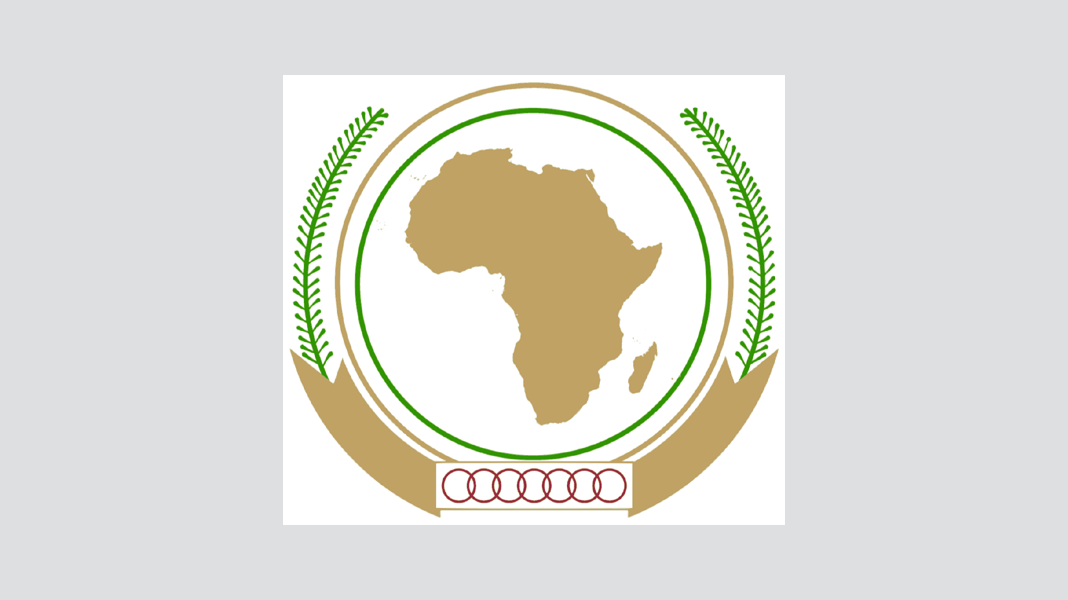Countries
The key to development is for partners to act on their own initiative. That is why we are calling on our partner countries more than ever before to provide measurable evidence of progress made on good governance, human rights and anti-corruption.
Through the “BMZ 2030” reform , new partner categories were introduced in June 2020.
No documents matching your search query were found.
Please try a different search term or use our full text search.
